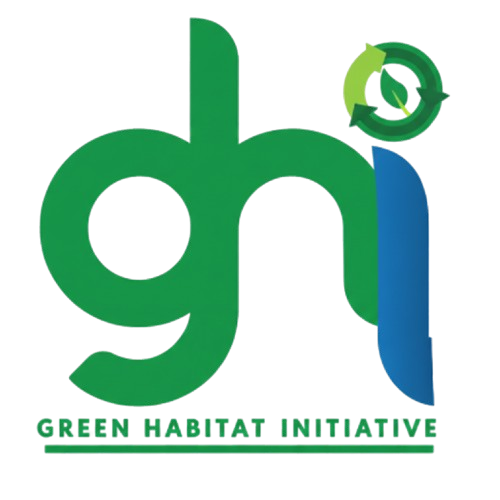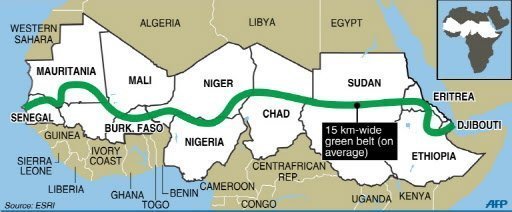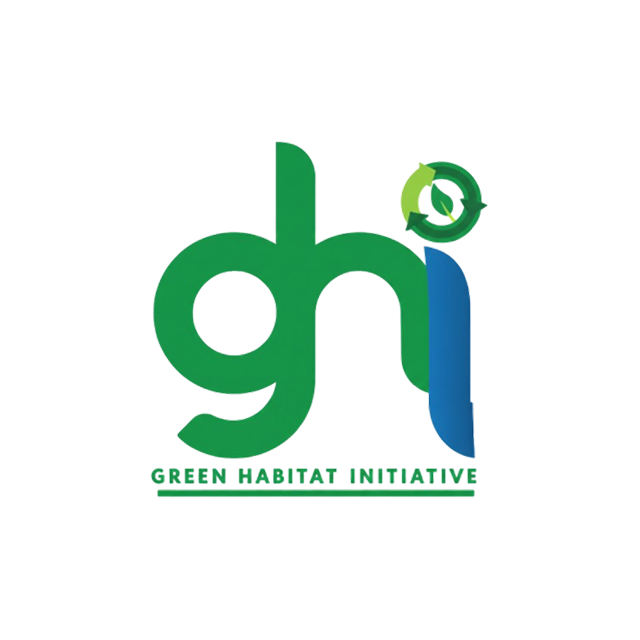Terms of Reference: Call for an Expert on Clean Cooking Policy Implementation
Background
Green Habitat Initiative (GHI) is a youth-led non-profit and non-governmental organisation committed to advancing sustainability in cities and communities in Nigeria. We have worked across Nigeria in both rural and urban communities, notably towards the achievement of SDGs 6 (Clean water and sanitation), 7 (Clean and affordable energy), 11 (Sustainable cities and communities), and 13 (Climate action).
With the support and funding from the USAID, the European Union, and the Adaptation Fund through UNEP-CTCN, our work has impacted over 150,000 Nigerians, supporting them in accessing clean water, maintaining decent environmental conditions, and enhancing their socio-economic livelihoods.
Green Habitat Initiative’s (GHI) mission and proven expertise in advancing sustainable and climate-resilient communities across Nigeria align with Nigeria’s goal to integrate a National eCooking component into the National Clean Cooking Policy Implementation Plan.
Objective
GHI seeks experts to lead, advise, and support the integration of e‑cooking into Nigeria’s National eCooking component to the National Clean Cooking Policy Implementation Plan, including policy design, stakeholder engagement, and draft funding proposals.
Scope of Work for the Experts
Policy Assessment & Gap Analysis
- Review the current draft of the National Clean Cooking Policy and Implementation Plan.
- Conduct gap analysis regarding e‑cooking integration (infrastructure, regulation, incentives, institutions).
- Map existing institutional responsibilities (e.g., Federal Ministry of Environment, NCCC, NACC, ECN).
Stakeholder Engagement Strategy
- Identify and engage key stakeholders: government (federal, state), NACC, NGOs, private sector, and development partners.
- Design consultation workshops and feedback mechanisms targeting technical, financial, gender, and last‑mile dimensions.
e‑Cooking Policy Design & Implementation Pathway
- Develop a policy framework that integrates e-cooking into the clean cooking strategy, targeting fuels and technologies, standards & labelling, and affordability measures.
- Define phased adoption pathways at federal, state, and local levels (including institutional roles, training, public awareness, and gender-responsive design).
Finance & Funding Proposal Development
- Advise on funding mechanisms (e.g., results-based finance, climate finance, voucher/subsidy models, and Article 6 opportunities).
- Draft one or more funding proposals aligned to strategic targets and measurable milestones, with a logical framework and KPIs (e.g., clean stove numbers, emission reductions, health outcomes, and Tier metrics).
Communication & Reporting
- Present synthesised findings in non‑technical language for decision-makers and CCAC / GeCCo partners.
- Develop a clear roadmap for implementing e-cooking, inclusive of policy, institutional, and financing elements.
- Provide a final deliverable report summarising analysis, design, proposals, and recommendations across tasks.
Expert Profile
- Bachelor’s degree in energy policy, climate, development economics, or a relevant field.
- Minimum 5 years of experience in clean cooking policy or energy‑sector implementation in Nigeria or Sub‑Saharan Africa.
- Demonstrated understanding of e-cooking, cookstove markets, standards & labelling, and institutional frameworks like NACC, ECN, and NCCC.
- Experience developing funding proposals (climate finance/international donors).
Job Details
Job Type: Full-time contract, Contingent upon award of the project.
Location: Hybrid (Remote + In-country engagements in Nigeria as needed)
Remuneration: Competitive remuneration package
Duration: 18 months or more
Reporting To: Project Manager/Director, GHI
How to Apply
Interested candidates who can perform all deliverables mentioned should send a maximum of 4 pages CV with achievements in the ecosystem enunciated and a cover letter to careers@greenhabitat.ng on or before Thursday, 15th August, 2025. The candidates should also specify their daily/monthly remuneration rate (gross NGN) in the cover letter.


